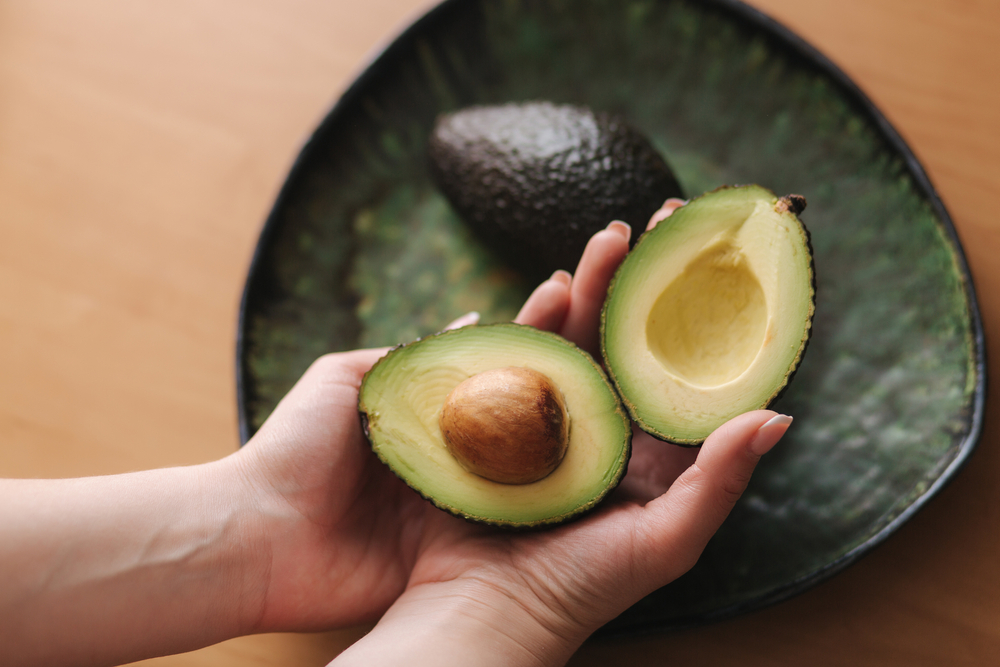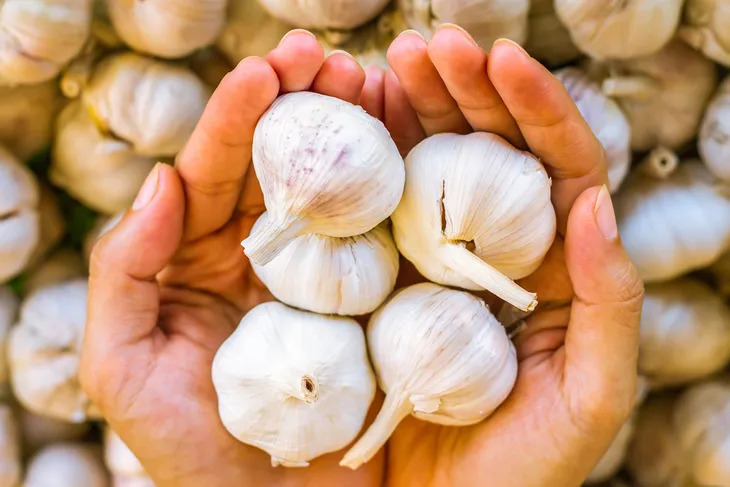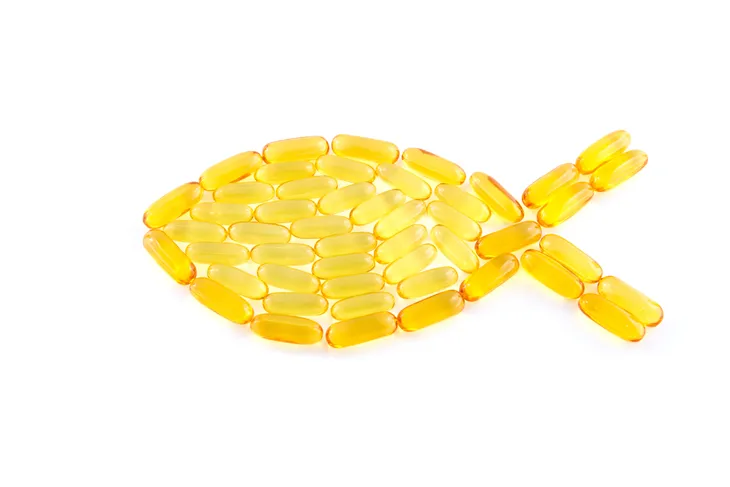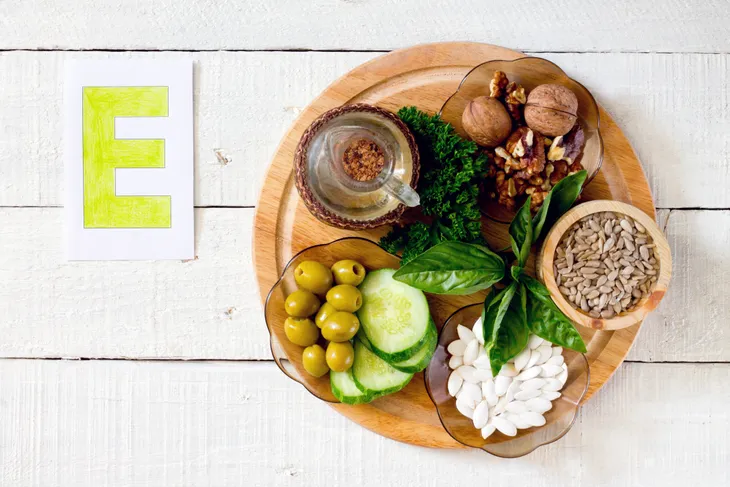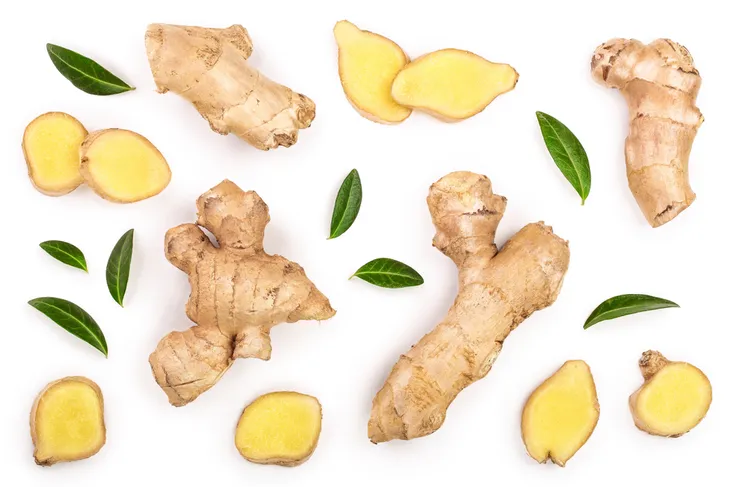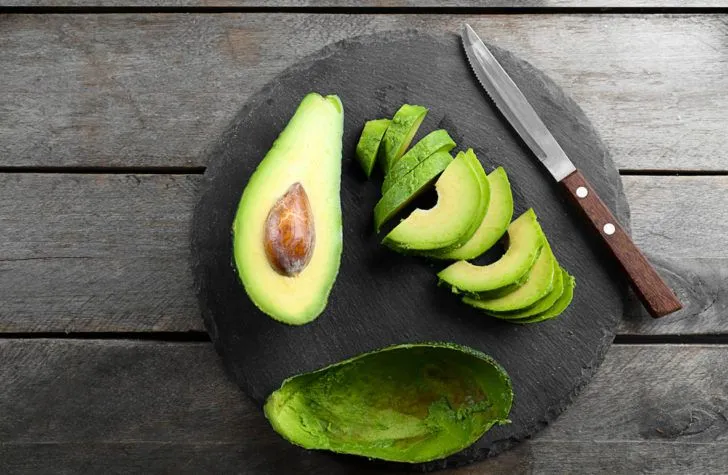Through the process of clotting, our bodies can stop blood flow, which is crucially important in the event that someone suffers a significant injury. But blood clotting can also cause serious health problems, such as when a clot causes a heart attack or stroke. For this reason, there’s a need for blood thinners, which can be used to help restore blood flow through critical parts of the body and prevent major damage.
To thin the blood, many physicians reach for powerful medications for their patients, but there are actually many natural blood thinners that patients can use on their own to prevent problems from arising. Keep in mind, it’s still important to talk to your doctor before you take a natural route for blood thinning to ensure it’s the right choice for you.
Garlic
Aside from giving your grandmother’s spaghetti sauce the “kick” it needs, garlic can also be good for your health. For one, it’s capable of limiting the collection of platelets, one of the primary steps in the formation of a blood clot.
In small amounts, it’s unclear if garlic actually has the potential to prevent a devastating heart attack or stroke caused by a blood clot. However, in much larger amounts — such as when taken in supplement form — garlic may play a role in helping limit platelet aggregation. Ask your doctor how much garlic you should be taking. If you’re in a position where blood clots may present a health problem, it’s a good idea to work more garlic into your diet.
Fish Oil
There’s a good chance that, by now, you’ve heard about the health benefits of fish oil, and specifically that containing omega-3 fatty acids. These acids, which can be found in many types of fish, such as salmon, have been shown to help boost brain functionality and work against serious health problems, like stroke.
But omega-3 fatty acids can also help thin the blood by preventing the formation of substances that encourage platelet formation. For people who need to be aware of the threat posed by blood clots, this makes fish oil a valuable contribution to their diet. Should you not be a fan of the taste of fish, omega-3 fatty acids can be found in supplement form.
Vitamin E
When you were a kid, chances are your parents spent much of their time encouraging you to get all your vitamins, either through a healthy diet or physically taking a multivitamin. But they may not have explained that each type of vitamin is different.
Take vitamin E for example. Available in a wide range of foods, including almonds, whole grains, sunflowers, eggs, seeds, and nuts, it’s been shown to help discourage the formation of blood clots and limit the chances of heart attack or stroke. Not a big fan of eggs, nuts, seeds, or whole grains? Like most vitamins, vitamin E is widely available in supplement form.
Herbs with Coumarin
There are literally hundreds of thousands of medications available to help prevent or treat serious health problems, like a heart attack or stroke. But do you know where many of these medications come from? You may be surprised to hear that some, such as the medication warfarin — which is designed to help prevent blood clots — are made from easily acquired herbs.
In fact, warfarin contains a compound known as coumarin, which can be found in plants like angelica root, arnica flower, anise, chamomile, fenugreek, licorice root, parsley, and red clover. That said, consuming these herbs may be a problem if you’re already on a blood-thinning medication like warfarin, so be sure to talk to your doctor before adding them to your diet.
Ginger
You’ve probably heard that ginger can help reduce digestive inflammation and aid someone in overcoming mild upset stomach or indigestion, but did you know it can also help thin the blood? That’s because ginger contains salicylate, a type of acid that’s found in a few types of plants. In fact, salicylic acid is the technical name for aspirin, which can help reduce inflammation in the human body and may even assist in preventing a stroke.
Ginger is readily available in root, spice, or tea forms, so it’s easy to make it a regular part of your diet. Just be sure to check with your doctor to ensure it doesn’t present problems for any medications you may have been prescribed.
Avocado
Avocado can help prevent blood clots in two ways: first, it contains omega-3 fatty acids, which have been shown to limit the formation of platelets and the development of blood clots. Second, like ginger, it contains salicylate, which has also been shown to limit the chances of blood clots from forming.
Avocados are easy to find at most grocery stores and make an excellent addition to just about any dish, from guacamole to sandwiches and salads. Just be sure to check with your family doctor to ensure it won’t interact negatively with any blood-thinning medications you may have been prescribed.
